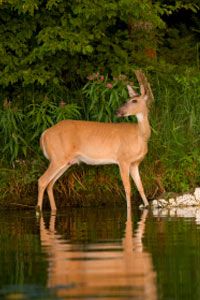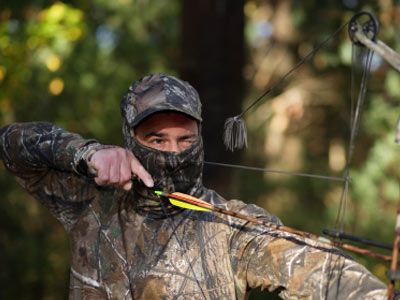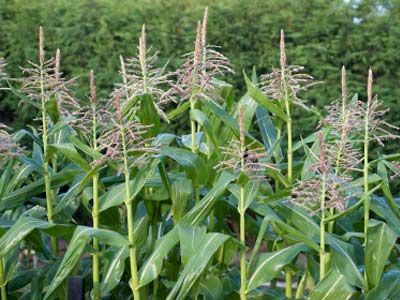It's human nature to look for the most successful or easiest way of getting something done. Sure, there are exceptions to any rule -- people who always seek out a challenge. But if there's a tried and true method for making an act easier, or increasing the possibility of success, that method is going to be pretty popular. That gives you a rough idea about why so many hunters use deer baiting.
Deer baiting is strategically placing a pile of food near hunting blinds or clearings in hopes of luring a deer (or bears) into close range. It is seen as useful for precision and accuracy, which are especially challenging in bow hunting. Many states have regulations in place regarding content, seasons and volume, but it gets tricky to regulate between baiting and feeding.
Advertisement
Feeding is a similar practice; it just doesn't yield the same result. People who place feeding piles out usually do so with the intent to attract wildlife onto their property. They do not hunt those animals or allow others to use their pile as bait.
Deer baiting, however, is not without controversy. Fair Chase, which is a set of ethics many hunters live by, states that sportsmen shouldn't have an unfair advantage over the animal. Some people think that baiting might give a hunter an unfair advantage. The lack of a clear answer is what makes deer baiting a controversy, not only in the hunting vs. anti-hunting world, but within the hunting community also.
Deer baiting isn't a simple issue, especially when you begin to consider what other effects deer baiting has outside the world of hunting ethics. The rest of the article will touch on those effects.
Not sure if you're pro deer baiting or against it? Read on to discover two important aspects of the vigorous debate.
Advertisement



